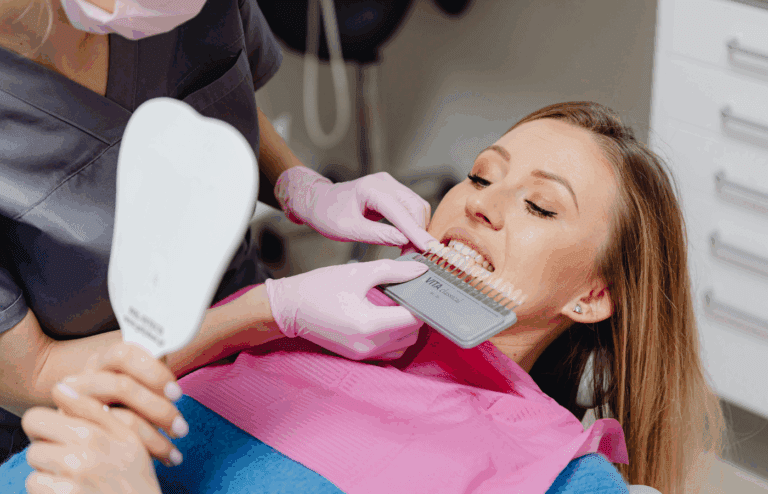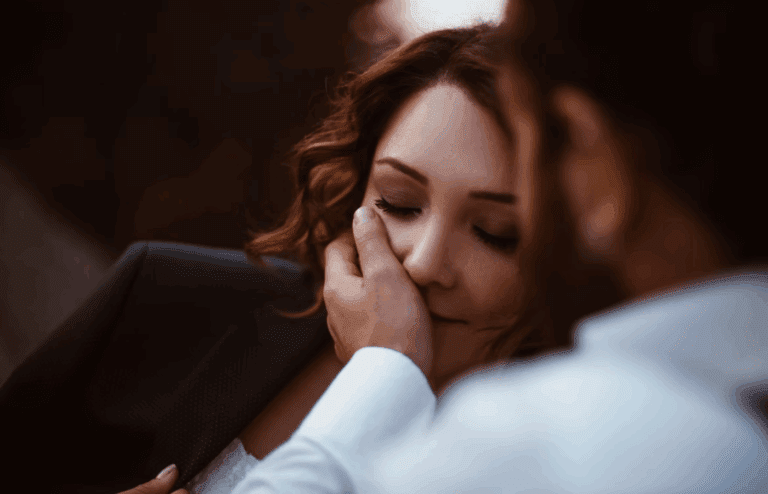It’s never worth it to trade saving money for safety. Many used items seem like bargains but not everyone knows the risks. Some of these items may appear safe and sturdy but they’re not. Never buy these 10 items used.
10. Pots and Pans
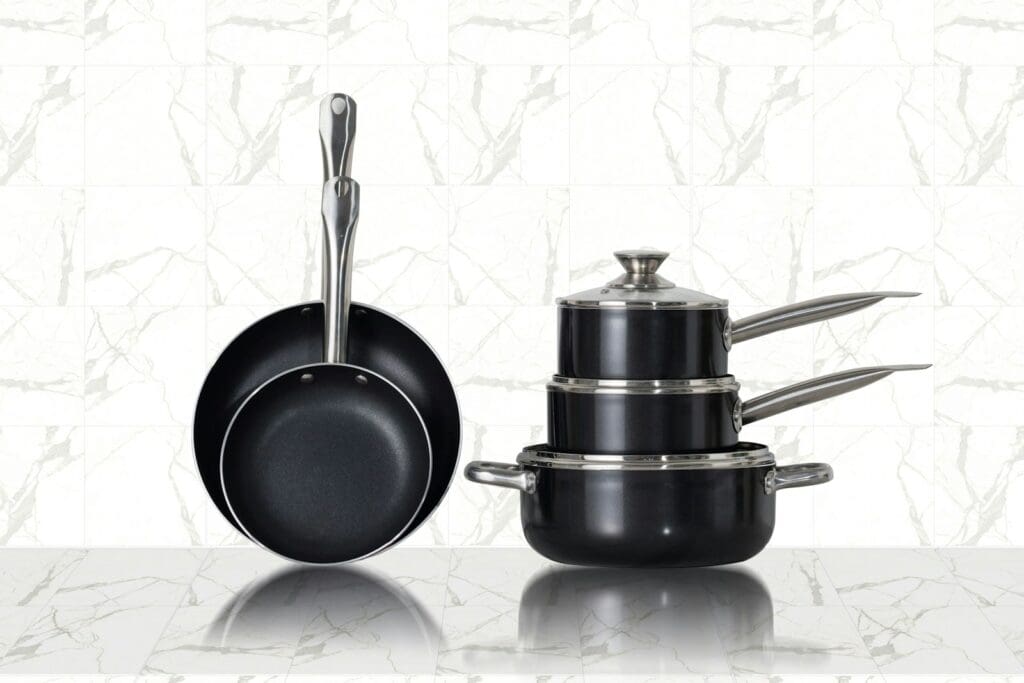
Pots and pans might seem like a sturdy item and something that can be priced as a great bargain at thrift stores or yard sales. However, used pots and pans can come with hidden dangers. Many used pots and pans can have tiny to large scratches that can leak toxic chemicals.
9. Plastic Containers for Food Storage
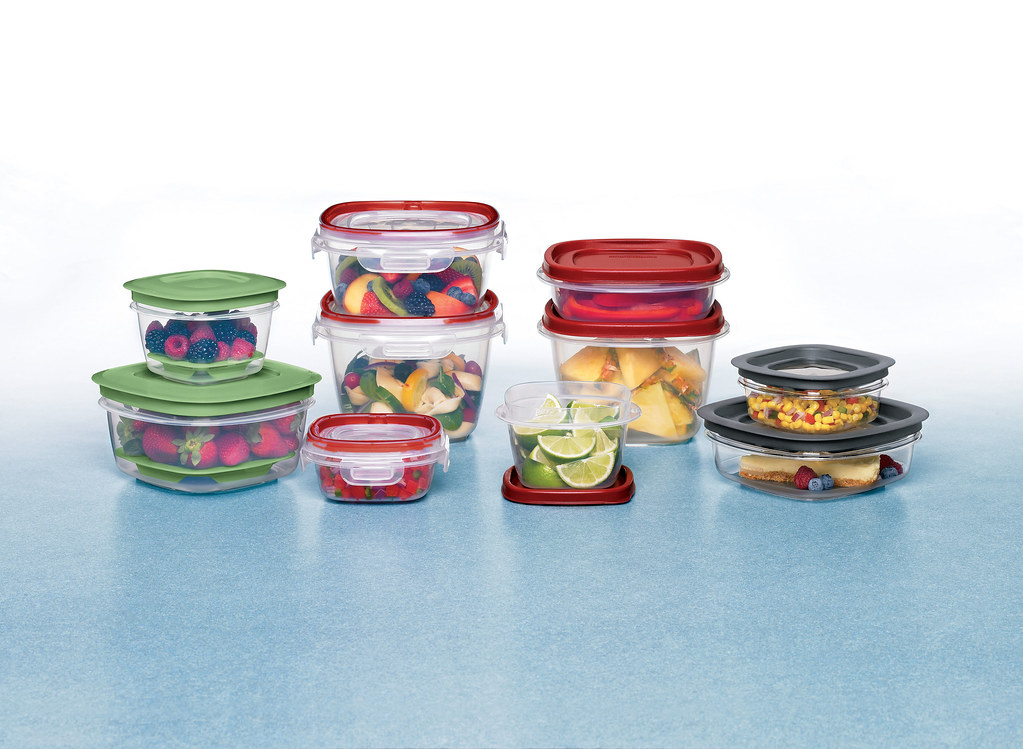
Purchasing used plastic storage containers can be risky, especially if you’re going to use them for food storage–even if it’s Tupperware. You never know what was stored in them before. Plastic is often porous and can absorb toxic chemicals and/or leak them. A lot of plastic isn’t microwave-safe. Recycled plastic can be especially dangerous.
8. Helmets

Helmets might seem like a sturdy item to purchase used. However, helmets are typically built to withstand a one-time emergency. The helmet may have already served that function and is now basically useless. You won’t have the full force of its protection. You also don’t know if it’s been recalled or replaced by a newer model for safety reasons.
7. Perfume, Lotions, Cosmetics
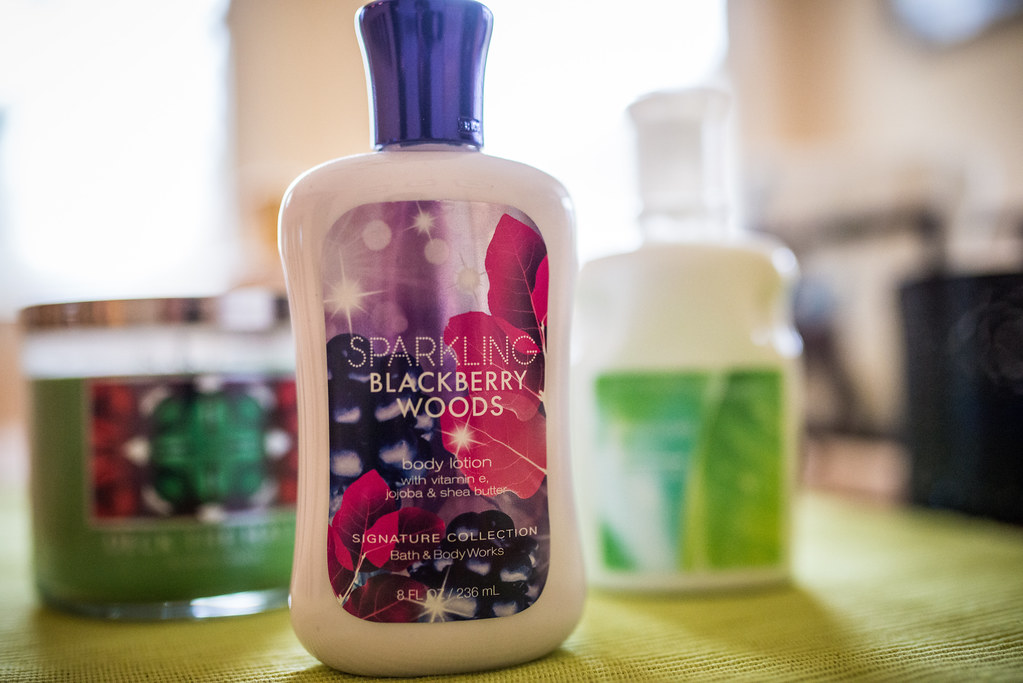
You should be wary of buying anything used that is going to be rubbed or sprayed on your body. Used cosmetics can be breeding grounds for germs. Anything you spray or rub on your skin will enter your bloodstream within about 10 minutes. You can unknowingly give yourself an infection. It’s not worth the risk.
6. Large Appliances, Electronics, Lamps

Deals at garage sales or thrift stores on large appliances are often bargain-priced. But what if it doesn’t work or breaks shortly after you purchase it? Unless you are an electronics repair person, skip anything that has to be plugged in to operate unless you’re able to thoroughly test them before buying.
5. Anything for a Newborn
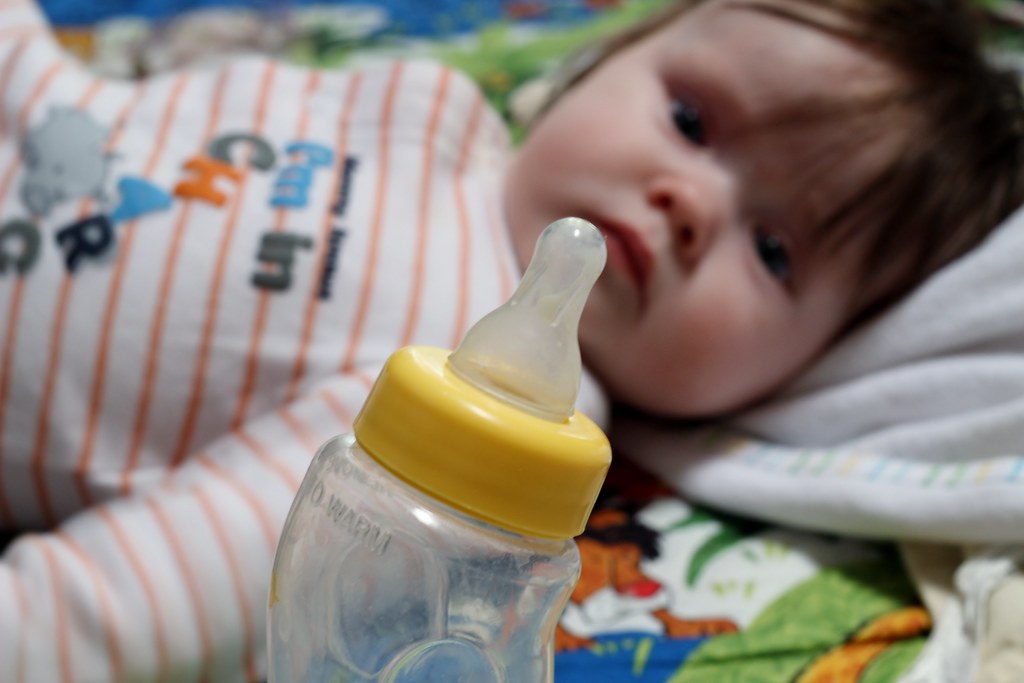
Babies are highly susceptible to allergens and germs. You have no way of knowing how any used item for babies was handled, misused, or sterilized. You don’t know if there are recalls or redesigns for safety reasons. When it comes to guarding the safety and health of your baby, buying something new is always your best option.
4. Medicine, Vitamins, Supplements
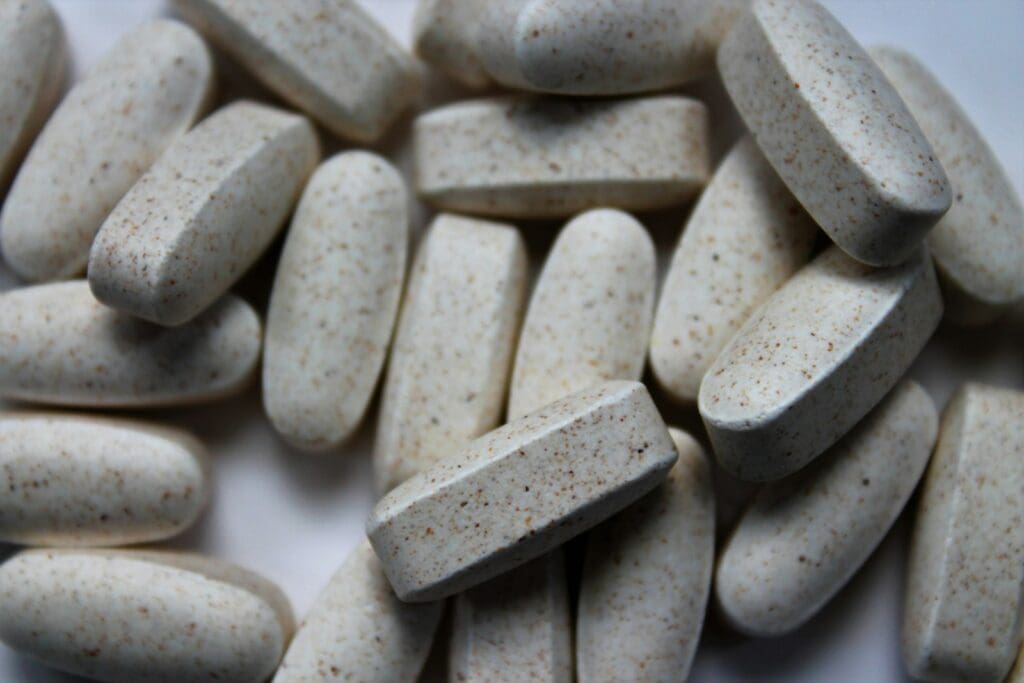
Don’t ever buy anything used that you’ll ingest inside your body. Even things that might still be factory-sealed at garage sales or Craigslist. You don’t know the history of something to be sure it hasn’t been tampered with. You don’t know if the expiration dates are accurate. If it’s for your body, buy at your pharmacy, big-box store, or grocer.
3. Shoes, Boots, Slippers
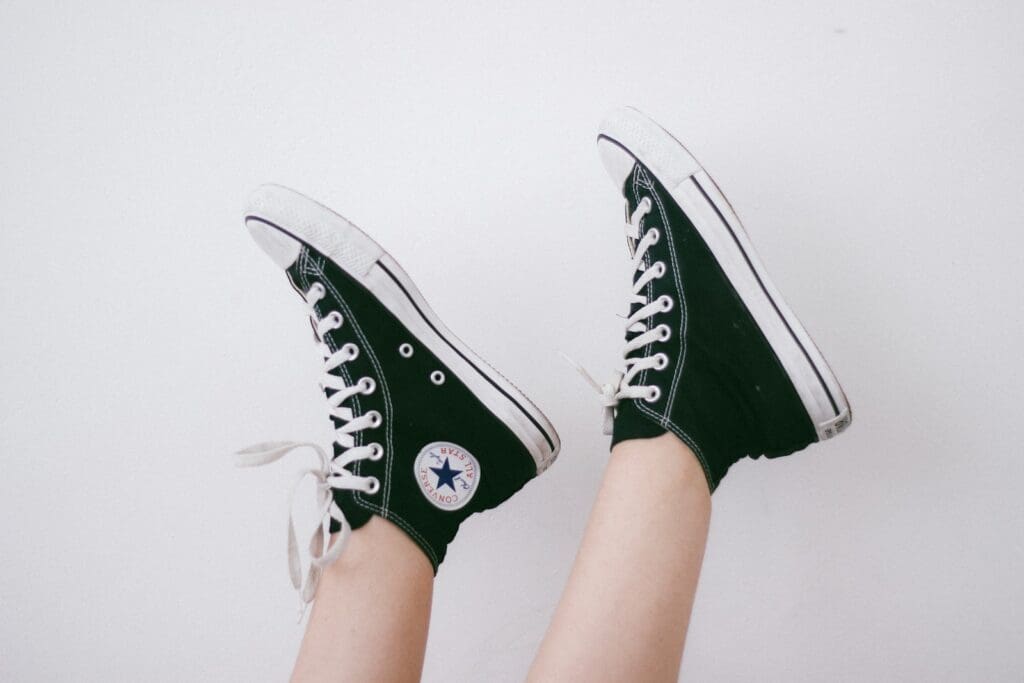
Even though you’re wearing socks, germs in used footwear can still reach your feet. Used shoes can be filled with bacteria or even a fungus that can lead to athlete’s foot. Further, used footwear adapts to the previous owner’s wearing pattern–not yours–so you won’t get the best fit.
Read More: 10 Best Things to Buy at Costco
2. Mattresses, Bedding, Sheets, Pillows
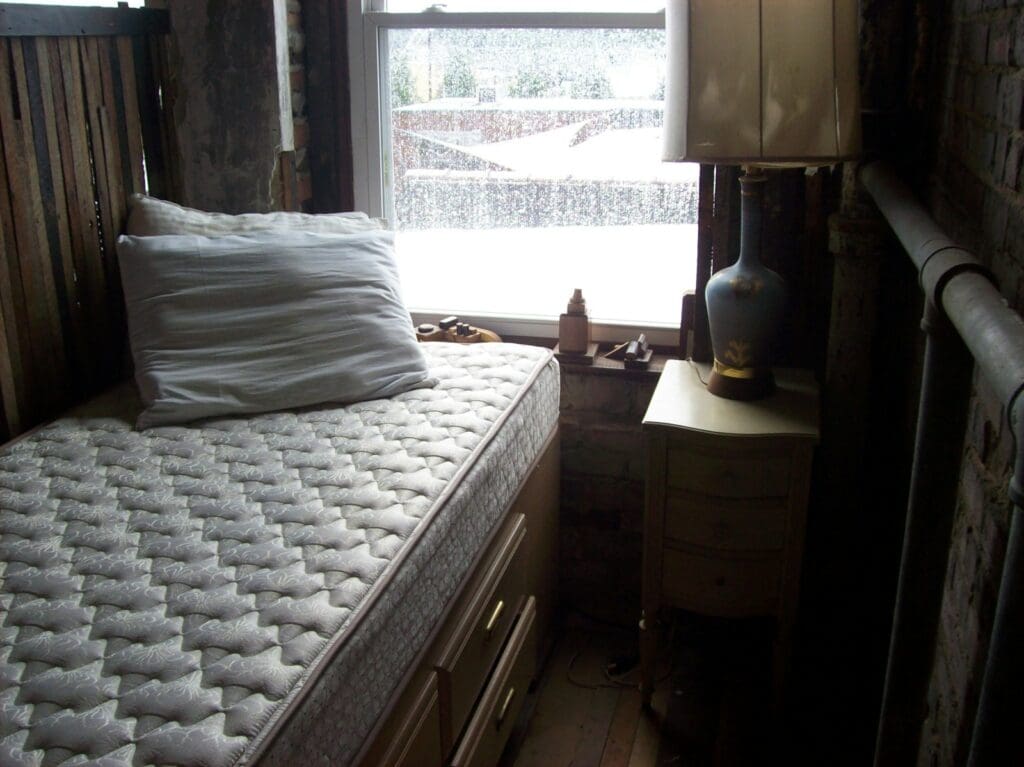
Never purchase a used mattress or pillow. You don’t know its history. You don’t know if it’s had dust mites or bedbugs. There is way too much of an unknown risk to your health to ever buy these items used. The same rule applies to bedding and sheets. However, you could them used and donate them to an animal rescue.
Read More: These 10 Things Should Be Avoided at Target
1. Intimates or Heavily Sweated-In Clothing
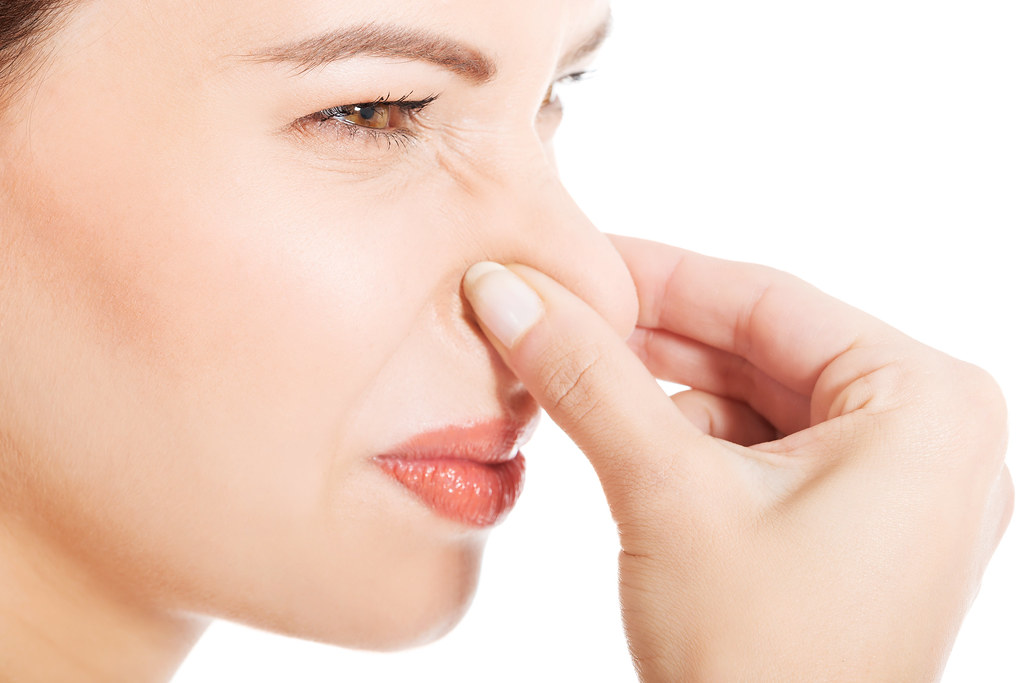
Any clothing that has come in close contact with someone’s private area is a big no-no. It’s unsafe to wear. Also, watch out for any clothing that has been heavily sweated in. For non-intimate clothing wash first in cold water with vinegar to help remove mold, mildew, and lingering odors from clothing. Then wash in hot water with laundry detergent.
Read More: Best Instant Pots for 2023: Amazon Buyer’s Guide





